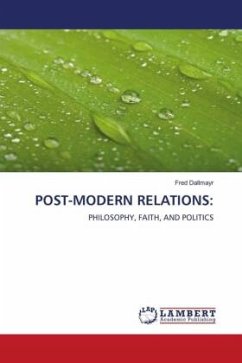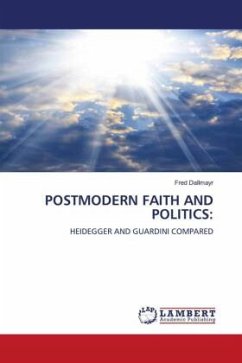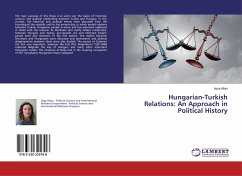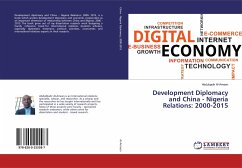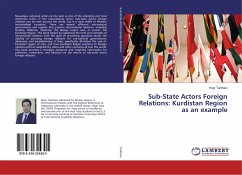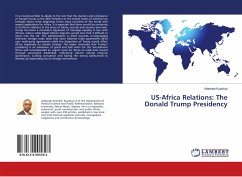"Cogito ergo sum," "Sum ergo cogito" (I think therefore I am, my being prompts me to think) - these formulas are attempts to capture the sense of human life and the orientation of human civilization. Clearly, such phrases are ambitious and far-ranging. Non-philosophical people are always reticent to embrace or take them seriously. Engulfed in the multitude of mundane issues, such people prefer to endorse limited empirical statements. However, as soon as the cogency of such "positive" statements becomes questionable, there is an urgency to move beyond empiricism to the level of philosophical or else theological insights. This is the level of deeper meaning, the level of the boundary or relation between finite and infinite realms. Attempts to explore this boundary or relation have been a central ambition of all major cultures, including Western civilization. The results of these efforts have varied in the course of history.
Bitte wählen Sie Ihr Anliegen aus.
Rechnungen
Retourenschein anfordern
Bestellstatus
Storno

